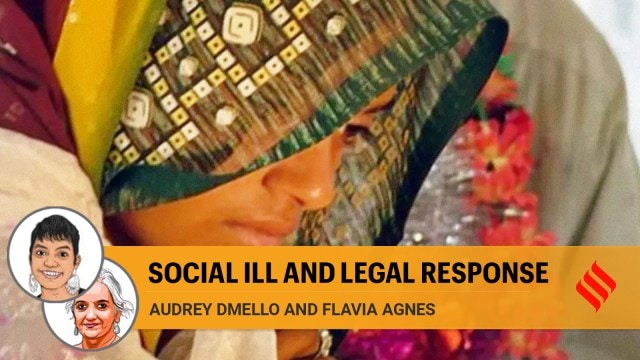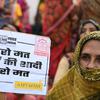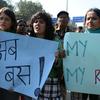The minority-based All India United Democratic Front in Assam and the All India Majlis-e-Ittehadul Muslimeen have been critical of the BJP government’s decision on the Act
GUWAHATI
The Assam unit of a Rashtriya Swayamsevak Sangh-affiliated Muslim organisation has backed the Himanta Biswa Sarma-led government’s decision to repeal the Assam Muslim Marriages and Divorces Registration Act of 1935.
The Muslim Rashtriya Manch said doing away with the Act would help end the issue of child marriage in the State.
“By repealing the legislation, the government can rescue Muslim boys and girls from a dangerous situation,” Alkas Hussain, the convenor of the organisation’s Assam unit told presspersons on Sunday.
Lauding the Chief Minister’s recent statement that the government will “shut the shop” where marriages of girls aged 5-6 years in Assam, he slammed a section of Muslim MLAs for their brand of politics that leaves little scope for caring for Muslim children.
The minority-based All India United Democratic Front (AIUDF) in Assam and the All India Majlis-e-Ittehadul Muslimeen have been critical of the BJP government’s decision on the Act.
The AIUDF has threatened to go to court after claiming that the government move is against the Kazis Act of 1880 as well as the Kazis. It also claimed that the State cabinet has no power to abolish the Kazis Act which is a Central Act.
“We also support the State government’s plan to implement the Uniform Civil Code as there should be one law for one country,” Mr. Hussain said, thanking the Narendra Modi government for banning triple talaq.
The Manch also advised the people of Assam not to protest against the Citizenship (Amendment) Act following Union Home Minister Amit Shah’s statement in January that it will be notified and implemented before the Lok Sabha polls.
“Since the matter is in the Supreme Court, we should wait for the court judgement and honour it,” he said.
Published - March 04, 2024 03:06 am IST
















